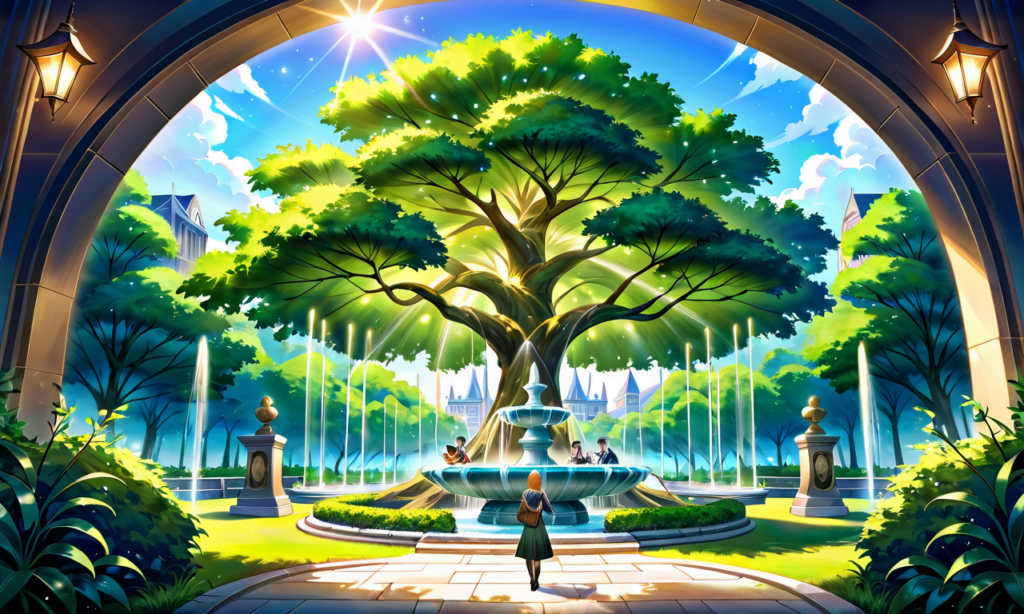A New Life for Classic Games: Exploring Abandonware Revival with Python

Abandonware, or software and especially video games deserted by their creators, exists in a legal gray zone. However, it’s sparked immense interest among developers and fans alike. Many seek to revitalize these older games, driven by nostalgia or a desire to protect digital heritage.
To achieve this, rewriting abandonware PC games into web-based Python games has become a popular method. Python, known for its user-friendly nature and adaptability, is a perfect fit. Its powerful libraries, like Pygame, empower developers to rebuild game mechanics and visuals smoothly, ensuring they work seamlessly on modern browsers. Furthermore, Python’s clear syntax and easy learning curve make it accessible to a wide range of programmers, regardless of experience.
Rewriting involves deciphering the original code, understanding the game’s core elements, and recreating them using Python. This often entails converting graphics, sound, and game logic into a web-compatible format. Moreover, by harnessing Python’s capabilities, developers can add modern upgrades, such as enhanced graphics and multiplayer features, while preserving the original game’s spirit.
Ultimately, rewriting these older games not only safeguards them for the future but also sparks innovation and creativity. Developers can experiment with new features and gameplay, turning abandonware into a fresh experience for today’s players. Nonetheless, this endeavor comes with challenges like legal issues, technical obstacles, and ethical concerns, which we’ll address later in this guide.
Revitalize Classic Games: A Step-by-Step Guide to Rewriting Abandonware with Python

Interested in giving new life to classic abandonware PC games? Let’s dive into a straightforward, detailed guide to transforming them into modern, web-based Python games.
Step 1: Prepare Your Development Toolkit
To get started, ensure you have the following essential tools in place:
- Download and install Python (https://www.python.org/) from the official website.
- Create a virtual environment to manage project dependencies effectively.
- Choose a code editor like PyCharm (https://www.jetbrains.com/pycharm/) or Visual Studio Code (https://code.visualstudio.com/), which offer robust support for Python and web development.
Step 2: Select Your Game Development Arsenal
Two key libraries will empower your game creation journey:
- Pygame: This versatile library simplifies various aspects of game development, including graphics, sound, and user input.
- Flask: A lightweight framework that seamlessly integrates your game into a web-based platform.
Install both using pip:
Bash
pip install pygame flaskStep 3: Unearth Game Assets
Extracting assets from abandonware games can be a bit tricky. Use tools like Dragon UnPACKer (https://github.com/elbereth/DragonUnPACKer) to locate and retrieve image files, sound effects, and other necessary resources. Remember to always verify the legality of using these assets, as copyright issues can arise.
Step 4: Craft the Game Logic in Python
With your assets in hand, it’s time to map out the game’s core mechanics and translate them into Python code. Pygame’s modules will be your allies in handling graphics, sound, and user interactions. Begin with a basic Pygame initialization:
Python
import pygame
pygame.init()
screen = pygame.display.set_mode((800, 600))Progressively develop your game, starting with foundational functionalities and gradually introducing more intricate features.
Step 5: Merge Your Game with Flask
Once your game is up and running, integrate it with Flask to create a web-based experience. Craft a simple Flask app to serve your game:
Python
from flask import Flask, render_template
app = Flask(__name__)
@app.route('/')
def home():
return render_template('index.html')
if __name__ == '__main__':
app.run(debug=True)Incorporate your game logic within this Flask app, ensuring it seamlessly operates within a web browser.
By following these steps, you’ll successfully transform old abandonware PC games into modern, web-based Python games. This approach not only breathes new life into classic titles but also makes them accessible to a wider audience, ensuring their enjoyment for years to come.
Is Reviving Abandonware with Python Legal? Navigating Copyright Concerns
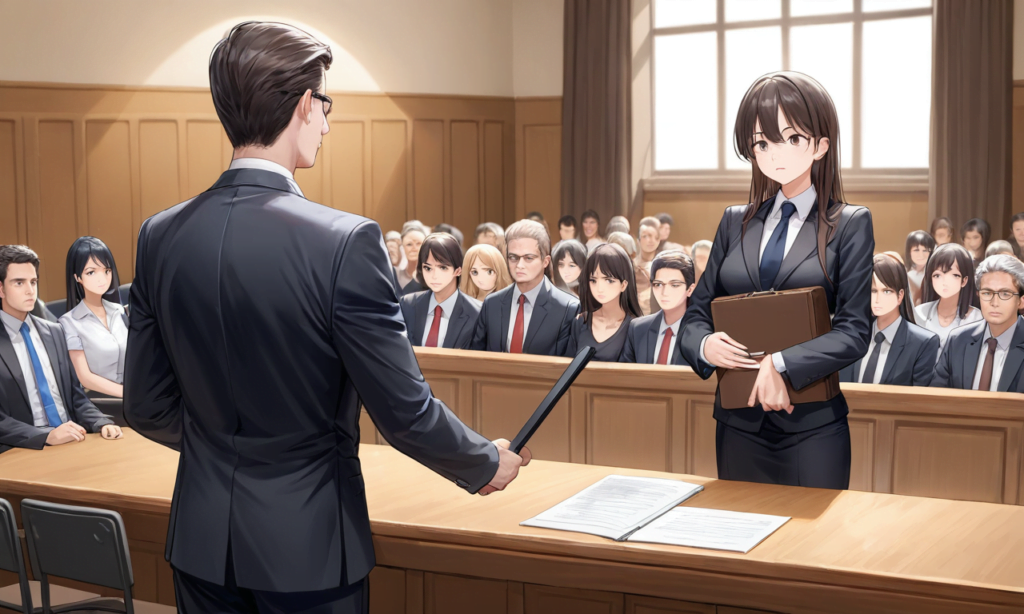
So, you’re eager to breathe new life into classic abandonware PC games using Python. But hold on a moment! Let’s address a crucial question: Is it legal?
The term “abandonware” refers to software, often games, no longer sold or supported by its original publisher. However, just because a game is “abandoned” doesn’t mean it’s free for all. Intellectual property laws, particularly copyright, still apply. Therefore, before you dive into your Python-powered revival project, it’s vital to understand the legal landscape.
Copyright Protection: A Lingering Presence
Copyright protection typically lasts for the author’s life plus 70 years, or 95 years for works owned by corporations. Even if a game is no longer available commercially, someone still holds the rights, whether an individual or a company. Using or modifying the game without permission can lead to legal trouble.
Abandonware vs. Public Domain: Clearing Up the Confusion
Many people mistake abandonware for public domain software, but they’re not the same. Public domain software is freely available for anyone to use, modify, and distribute without legal concerns because its copyright has expired or the author has intentionally relinquished those rights. Abandonware, however, still has an owner, making unauthorized use illegal.
Playing it Safe: Seeking Permission and Exploring Alternatives
To navigate these legal waters safely, it’s wise to seek permission from the copyright holder before starting your project. If the original publisher is out of business, the rights may have been transferred, so thorough research is essential. In some cases, you might be able to obtain a license for legal use and modification.
Alternatively, consider focusing on open-source alternatives or games explicitly released into the public domain. These can serve as excellent starting points for creating multiplayer abandonware-inspired games or following Python abandonware tutorials without risking legal issues.
In conclusion, understanding and respecting copyright laws is paramount when working with abandonware. Thoroughly researching and seeking permission when necessary can help you avoid legal pitfalls. This ensures your efforts to rewrite classic PC games into web-based Python games are both legally sound and ethically responsible.
Can You Profit from Reviving Abandonware with Python? Monetization Strategies and Ethical Considerations
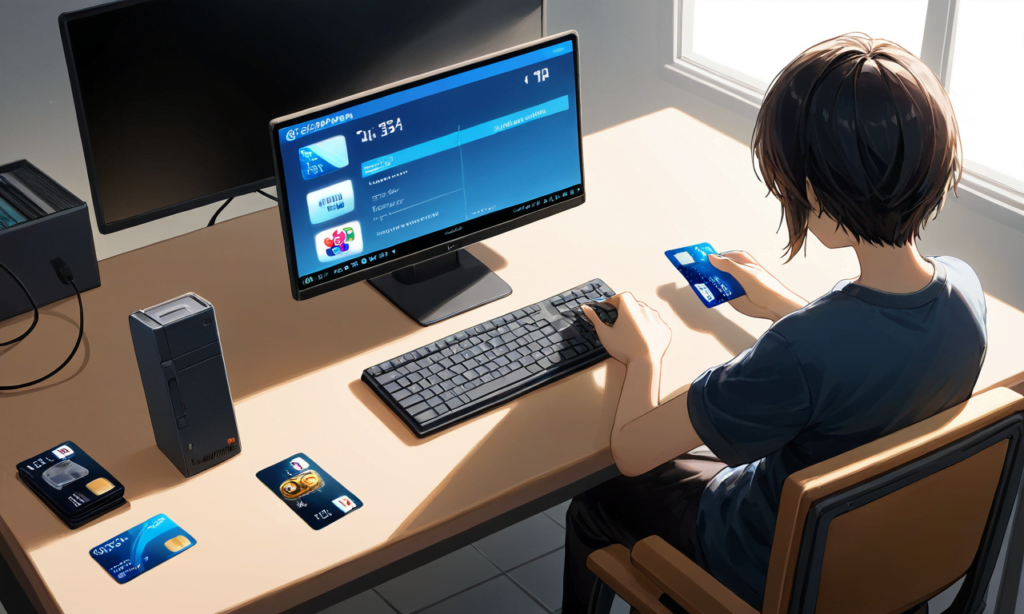
So, you’ve successfully rewritten a classic abandonware game into a modern web-based Python gem. But can you actually make money from it? Let’s explore some monetization strategies and address the ethical considerations involved.
Advertising: Turning Views into Revenue
One common approach is to integrate advertising into your game. This can create a steady income stream, especially if you attract a large player base. Platforms like Google AdSense streamline the process by placing relevant ads within your game. However, it’s crucial to ensure that the ads don’t negatively impact the user experience, as this could lead to player dissatisfaction and churn.
In-Game Purchases: The Freemium Model
In-game purchases offer another lucrative avenue. By providing special items, levels, or features for players to buy, you can generate additional revenue. This “freemium” model has proven successful in many popular games. Remember, though, to strike a balance between free and paid content to maintain player engagement and satisfaction.
Donations: Building a Supportive Community
Donations can also be a viable option, particularly if you cultivate a strong community around your game. Platforms like Patreon enable players to directly support developers, often in exchange for exclusive content or early access to new features. This model relies heavily on the goodwill of your players and their appreciation for your work.
Direct Sales: A Straightforward Approach
Selling your game outright is a traditional and straightforward method. Whether through platforms like Steam, itch.io, or your website, this approach provides immediate revenue. However, it’s important to consider the competitive landscape and price your game strategically to attract buyers.
Ethical Considerations: Respecting Intellectual Property
When monetizing games based on abandonware, ethical considerations are paramount. While abandonware refers to software no longer supported by its original developers, it often remains protected by copyright law. Therefore, obtaining necessary permissions or ensuring the original software is truly in the public domain is crucial. Failing to do so could lead to legal consequences.
In conclusion, monetizing rewritten abandonware games involves a combination of strategic choices and ethical diligence. Whether through advertising, in-game purchases, donations, or direct sales, the key is to provide value to your players while respecting intellectual property rights.
Avoiding the Traps: Common Hurdles in Rewriting Abandonware Games
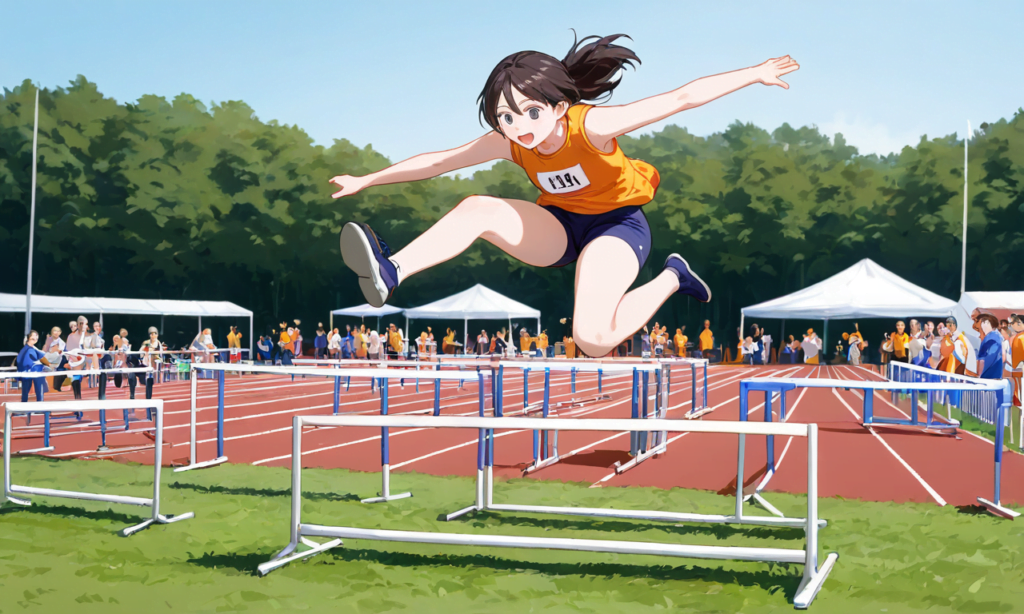
Ready to revive a classic game using Python? That’s awesome! But let’s be realistic; rewriting abandonware PC games into web-based Python masterpieces comes with its own set of challenges. Let’s dive into some common pitfalls you might encounter.
Compatibility Conundrum: Old Tech Meets New
One major obstacle is compatibility. Older games were often built on outdated technologies that don’t translate smoothly to modern environments. This can make replicating the original game’s features accurately quite tricky.
Performance Pitfalls: A Balancing Act
Even if you get your game running, ensuring smooth performance on various devices and browsers is another hurdle. Poor optimization can result in sluggish loading times and unresponsive gameplay, hindering the user experience.
Asset Extraction Adventures: Unlocking Hidden Treasures
Many older games store assets in proprietary formats, making them hard to extract and reuse. You might need to find or create specialized tools to convert these assets into usable forms, adding another layer of complexity.
Code Deep Dive: Decoding the Original Game
Rewriting abandonware in Python requires a solid grasp of both the original game’s structure and Python’s capabilities. This often involves reverse engineering, a time-consuming and technically demanding process.
Legal and Ethical Labyrinths: Tread Carefully
Remember, while abandonware may not be actively sold or supported, it’s still protected by copyright law. Unauthorized use can lead to legal troubles. It’s wise to seek permission from the original copyright holders if possible. If they’re unreachable, consult legal experts to explore legal options.
Additionally, it’s essential to respect the original creators’ work and ensure your rewritten version honors the original game’s spirit and quality.
By recognizing these potential pitfalls, you can better prepare for the journey of rewriting abandonware games. Thorough planning and a solid understanding of the challenges ahead will significantly increase your chances of success while ensuring you stay on the right side of the law.
Why Python is a Powerhouse for Reviving Classic Games

So, you’re considering rewriting those old PC games using Python? Great choice! Let’s dive into the many reasons why Python is an excellent tool for breathing new life into classic abandonware.
Python’s Simplicity: A Breath of Fresh Air
One major perk is Python’s simplicity and readability. Python’s clean, easy-to-understand syntax often means faster development and easier upkeep. This is particularly handy when tackling complex abandonware code, making it simpler to decipher and recreate the original game logic.
A Treasure Trove of Libraries: Python’s Arsenal
Another big advantage is Python’s extensive library support. From graphics and sound to networking and AI, Python offers a wide range of libraries for game development. Libraries like Pygame, Panda3D, and Pyglet provide powerful tools for recreating and enhancing classic games, giving developers everything they need to bring these gems to the web.
Python Community: Your Supportive Network
The vibrant Python community is an invaluable asset. Developers can easily find tutorials, forums, and documentation to overcome any obstacles they might encounter while converting abandonware to web-based formats. This collective knowledge and eagerness to help make the development process smoother and more collaborative.
Web-Based Games: Reaching a Wider Audience
Web-based games offer their own unique advantages. For starters, they’re platform-independent. By rewriting games in Python and deploying them as web apps, developers ensure their games are accessible on any device with a web browser, regardless of the operating system. This opens up your game to a much larger audience, making it easier for players to enjoy it without needing specific hardware or software.
Ease of Distribution: Sharing Your Creation Made Simple
Additionally, web-based games are a breeze to distribute. Forget about physical media or complicated installation processes. Simply provide a URL, and players can instantly access your game. This streamlined distribution not only makes things easier for you as a developer but also enhances the user experience, encouraging more players to try out your creation.
In conclusion, rewriting older PC games in Python comes with a multitude of benefits. Python’s inherent simplicity, extensive libraries, and supportive community make development smoother. Plus, web-based deployment offers platform independence and easy distribution, making your game accessible to a broader audience.
Python for Game Revival: Balancing the Pros and Cons
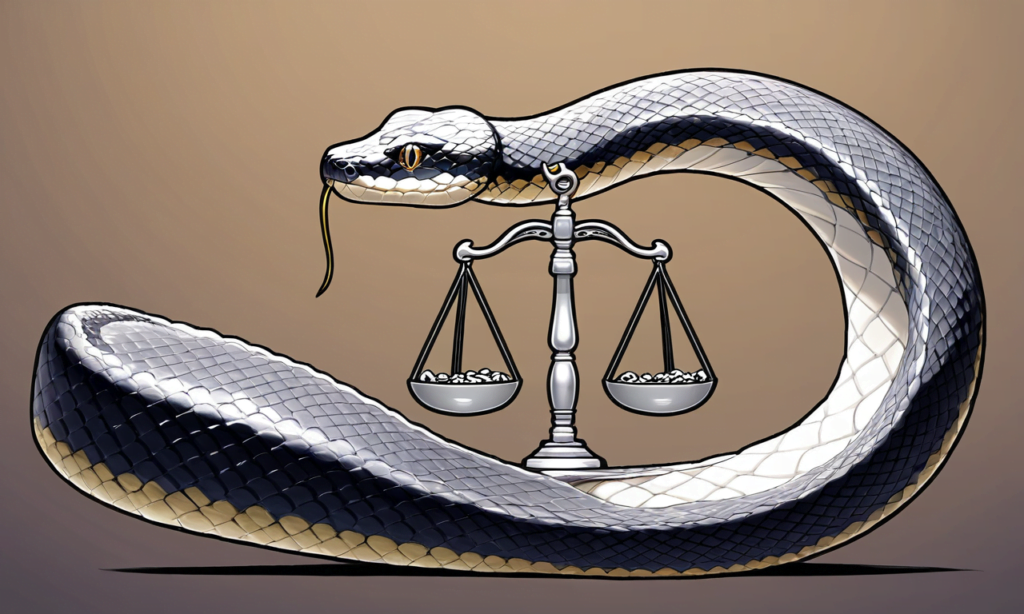
While Python offers a user-friendly and accessible pathway to breathe new life into classic abandonware PC games, it’s important to acknowledge the limitations it brings to the table. Let’s delve into some of the challenges you might encounter when using Python for game development.
Performance Concerns: Python’s Speed Limitations
One major drawback is performance. Python, as an interpreted language, typically runs slower than compiled languages like C++ or Java. This can be particularly problematic for games that demand high-speed processing and rendering, as any performance lags can negatively affect the player experience.
3D Graphics: A Potential Bottleneck
Another limitation is Python’s support for 3D graphics. While libraries like Pygame and Panda3D enable 3D development, they may not be as robust or optimized as frameworks in other languages. This could make it challenging to achieve the same level of visual quality and performance as the original games, especially for complex older titles with intricate 3D environments and animations.
Library Management: A Balancing Act
The need to rely on external libraries for various functionalities can complicate development. You might have to integrate multiple libraries for physics, audio, networking, and more, potentially leading to compatibility issues and increased maintenance. This fragmented approach can be cumbersome, especially for those less familiar with Python’s ecosystem.
Rewriting Complexity: Untangling the Past
Rewriting complex older games presents its own unique challenges. These games often have intricate codebases and unique gameplay mechanics that can be difficult to replicate accurately. Deconstructing and translating these elements into Python can be time-consuming and filled with technical obstacles.
Web-Based Limitations: A Potential Compromise
Additionally, the limitations of web-based deployment can impact the game’s capabilities. Web technologies might not fully support the advanced features and optimizations found in the original PC versions, potentially leading to compromises in the overall gaming experience.
In conclusion, while Python offers numerous advantages for game development, it’s essential to weigh these against the potential disadvantages. Carefully consider these limitations before embarking on your abandonware revival project, especially if high performance or complex 3D graphics are critical factors in your game.
Revitalizing Abandonware with Python: Wrapping Up the Journey

Throughout this exploration of rewriting classic abandonware PC games into web-based Python games, we’ve uncovered a world of possibilities and challenges. Let’s recap what we’ve learned and offer some final thoughts to guide you on your own journey.
First and foremost, we tackled the legal landscape surrounding abandonware. Even though these games may seem “abandoned,” they are often still under copyright protection. Therefore, it’s crucial to research thoroughly and seek legal guidance if needed to avoid any copyright infringements.
From a technical perspective, rewriting abandonware games with Python can be an incredibly rewarding experience. Python’s flexibility and user-friendly nature make it a prime choice for developing web-based games. Abundant tutorials and resources are readily available to help you along the way, even if you’re new to Python. Furthermore, transitioning to web-based platforms opens up exciting possibilities for adding multiplayer features, increasing the game’s appeal and lifespan.
Monetizing these rewritten games brings another layer to consider. Moving to a web-based format allows for potential ad revenue, subscription models, or in-game purchases. However, it’s vital to find a balance between monetization and user experience. Overly aggressive commercialization can dampen the fun factor and turn players away.
So, should you take the plunge into rewriting abandonware with Python? The answer depends on carefully weighing the potential rewards against the inherent risks and challenges. While the prospect of revitalizing classic games is enticing, it’s crucial to assess the legal landscape, technical requirements, and market demand realistically.
Ultimately, embarking on this endeavor requires thoughtful planning, a firm grasp of legal considerations, and a strategic approach to development and monetization. By thoughtfully considering these factors, you can make informed decisions and potentially create exciting, updated gaming experiences that resonate with a new generation of players.

